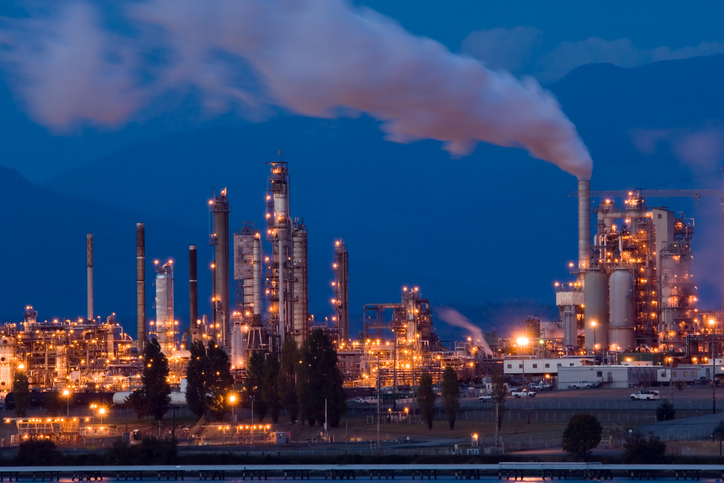(Reuters) – U.S. fuelmakers are expected to post higher first-quarter earnings in coming days on strong fuel exports and margins even as domestic diesel demand slumped during the period.
Refiners have been riding a wave of favorable pricing and demand as pandemic-era closings boosted margins. Alternating periods of higher demand for products have also helped, with jet fuel recently sprinting higher as diesel fell off.
“It’s looking like another really strong quarter for U.S. refiners and their balance sheets are in great shape, but in the second quarter things are really starting to come down,” said Matthew Blair, refining analyst at Tudor Pickering Holt and Co.
Valero Energy (NYSE:VLO), the second-largest U.S. refiner by capacity, kicks off earnings on Wednesday with per share profit expected to more than triple to $7.23, based on the mean estimate of 17 analysts compiled by Refinitiv, compared to $2.31 per share a year ago.
Top U.S. refiner by volume Marathon Petroleum (NYSE:MPC) is forecast to show a per share profit of $5.71 compared to $1.49 a year ago, while Phillips 66 (NYSE:PSX) could deliver a $3.60 per share, compared to $1.32 a year ago, according to Refinitiv. Both are scheduled to report in early May.
Exxon Mobil (NYSE:XOM) this month signaled its refining profits could reach $3.55 billion for the period compared $332 million a year ago, which was hurt by high maintenance costs.
Forecasts of a weaker second quarter reflect declining exports and capacity increases in Asia, the Middle East and U.S. Gulf Coast, analysts said.
The U.S. refining crack spread, a proxy for profit from processing a barrel of oil into fuels, is hovering around $30 per barrel, $10 lower than a year ago, Refinitiv data showed.
The four-week average of U.S. distillate product supplied, a proxy for demand, has remained below the five year average for most of the first quarter, according to the U.S. Energy Information administration.
“Longer term demand concerns continue to weigh on refiners,” Jefferies bank analysts wrote in a research note, pointing to projected lower industrial activity in OECD member countries being only partially offset by China.



